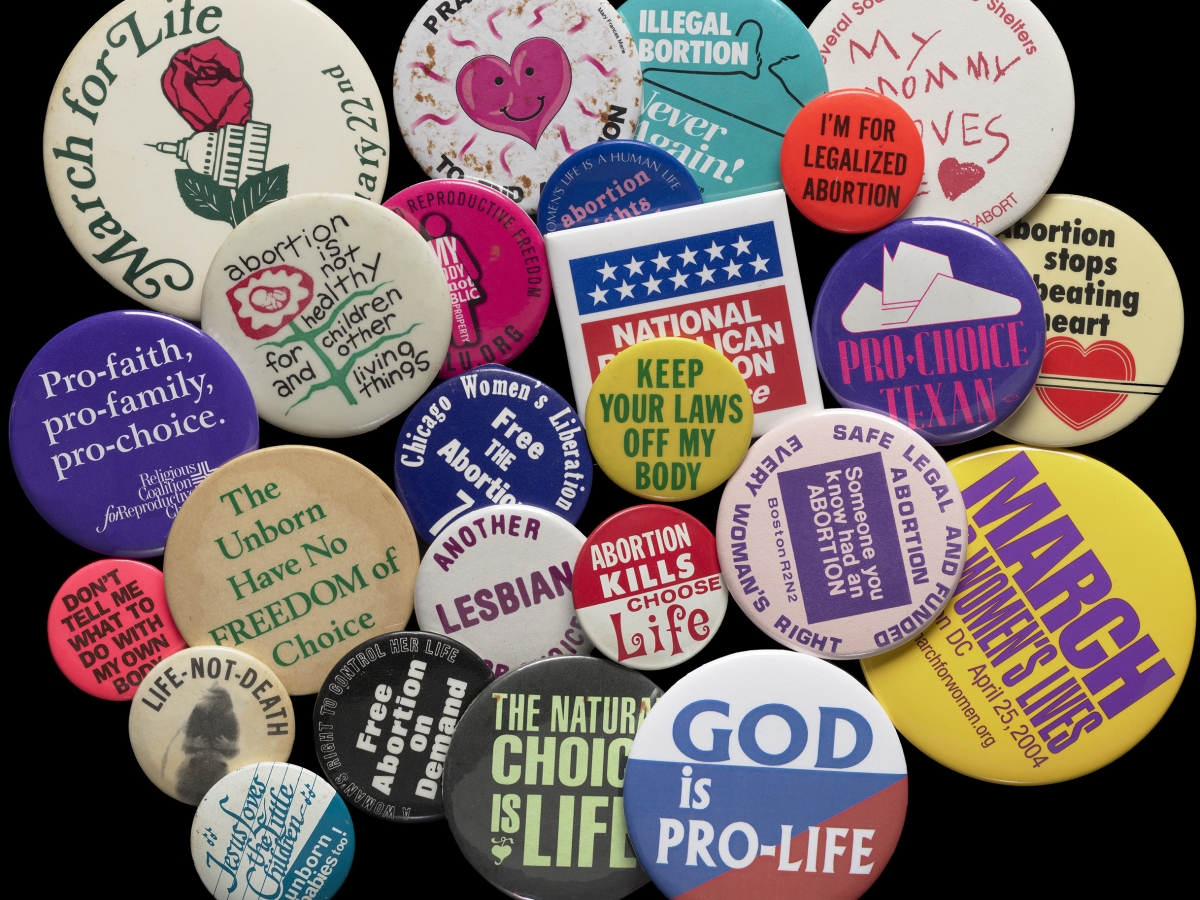For half a century, Roe v. Wade has resonated far beyond the confines of constitutional law. The Age of Roe rethinks what Roe has meant to American society, culture, and politics. It tells the story of abortion in the United States, from criminalization to constitutionalization and back again, through the eyes of those who created and defended Roe and those who mourned and unmade it, those at the center of politics and those at the margins. Battles over Roe upended party politics, changed medical practice, and divided faith communities. Roe offered lessons about what it meant to treat abortion as a right or to rely on the courts to achieve change. Conflicting visions of justice—for people of color, for women, for life in the womb—shaped what Roe meant.
The Age of Roe reevaluates the decision’s legacy through the work of those who defined the past five decades of debate about reproduction. Their stories suggest that even after the reversal of the 1973 decision, the age of Roe will continue to cast a long shadow over our ideas of reproduction and justice. By listening to those who experienced the age of Roe, we can see how the past shaped our present moment and begin to find a way beyond it.
